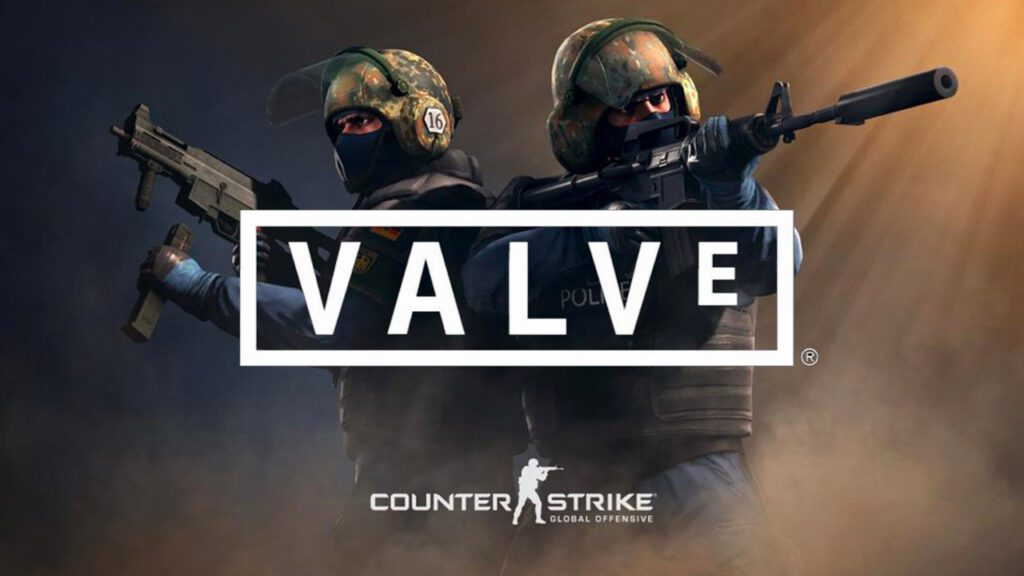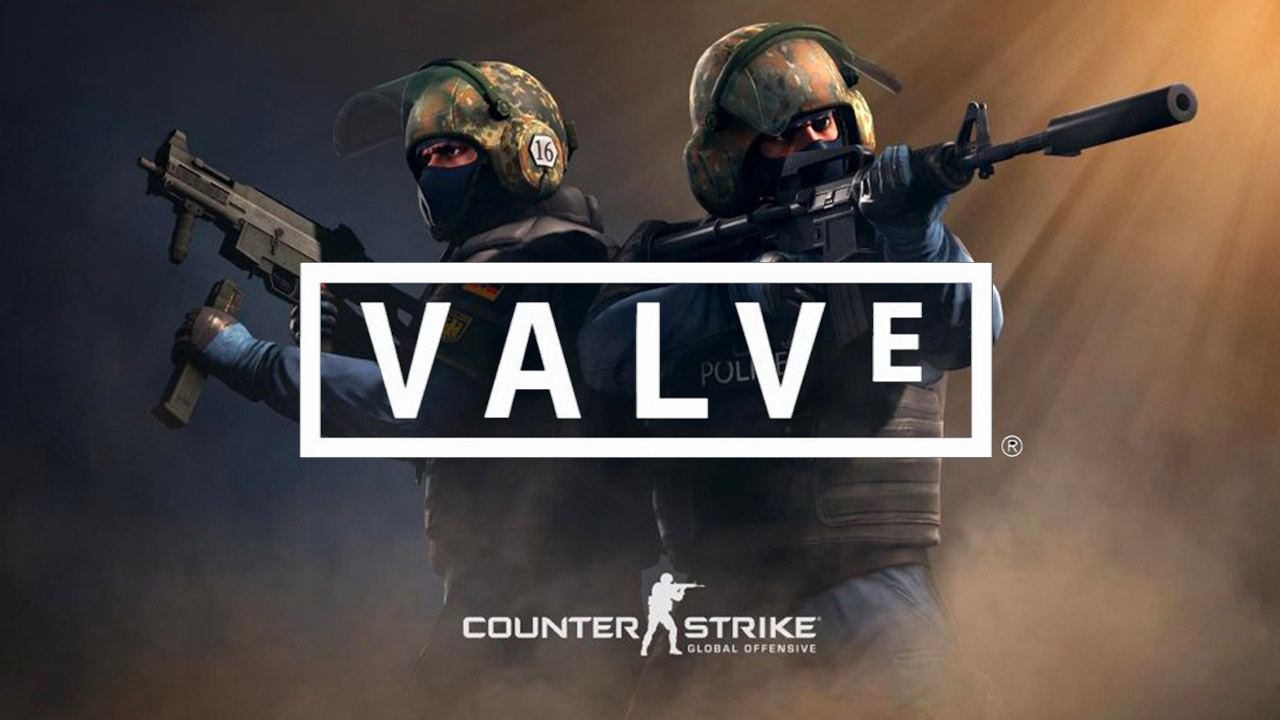Experiencing frequent crashing issues while playing Counter-Strike: Global Offensive? Crashing can be extremely frustrating and ruin gameplay. Crashes are commonly caused by outdated graphics drivers, corrupted game files, hardware compatibility problems, software conflicts, overclocking issues, or game settings errors. Properly diagnosing the root cause is key to resolving CS:GO crash problems.

Update Your Graphics Drivers
Outdated graphics card drivers often lead to crashing in games like CS:GO. Keep drivers updated through GeForce Experience or Radeon Software to avoid stability issues.
Open Device Manager > Display adapters > Right-click graphics card > Update driver > Search automatically for updated driver software to install.
Verify the Integrity of Game Files
If any game files are corrupted or missing, it can trigger crashes. Use Steam’s file validation process to check for issues and restore any corrupted game files.
In Steam, right-click CS:GO > Properties > Local Files tab > Verify integrity of game files. Let Steam complete the verification and restoration process.
Perform Clean Reinstall of the Game
If crashes persist, try uninstalling CS:GO completely using Steam, then reinstall fresh. This eliminates potential conflicts and glitches from past game file installations.
Right-click CS:GO in Library > Uninstall > Delete all additional content when prompted. Redownload CS:GO fresh and reinstall. Run after completion.
Check Temperature During Gameplay
Overheating hardware like CPU/GPU can sometimes lead to crashes in CS:GO. Monitor component temps using software like Core Temp and MSI Afterburner.
While in-game, alt tab and check temperatures. If constantly hitting highs of 90°C/194°F or more, overheating may be causing crashes.
Disable Overclocking If Applied
Excessive overclocking of components like CPU and graphics can lead to game instability and frequent crashes. Revert back to normal default clock speeds if overclocked.
In BIOS, locate CPU/GPU frequency settings and disable any overclocking profiles. Run at default safe clock speeds recommended by the manufacturer.
Update Chipset and BIOS
Outdated motherboard chipset drivers and BIOS can also create compatibility issues leading to crashes. Keep these updated via the manufacturer’s website.
For chipset drivers, search “[Your Motherboard Model] Drivers” and install the latest chipset software. Check the BIOS website for new BIOS updates.
Adjust Game Launch Options
Sometimes launch commands and options can fix crashing. Try commands like -novid, -full, -windowed, -nojoy, etc., to change renderer, DirectX version, and other variables.
Right-click CS:GO in Steam > Properties > Set Launch Options and try commands one by one, testing each time. Remove if there is no improvement.
Check Power Supply Wattage
An underpowered PSU may be unable to provide stable power delivery during intensive scenes causing crashing. Ensure wattage can support your hardware.
Use a PSU calculator to determine recommended wattage. Upgrade to a higher wattage PSU if the current one is insufficient for your PC build.
Reseat RAM Modules
Loose connection of RAM modules into motherboard slots can cause crashes across games and apps, including CS:GO. Reseat RAM properly.
Power down the PC, remove and reinsert RAM sticks into slots, ensuring they are fully pushed in, and slot clips are engaged properly on both sides.
Disable Conflicting Software
Some third-party applications, like RGB lighting software, input devices software, overlays, etc., could be interfering with CS:GO and causing conflicts.
Close any unnecessary software using system resources before launching CS:GO. Disable RGB, overlay, recording, and other third-party apps.
Roll Back Recent Windows Updates
Problematic Windows updates may be causing general system instability and crashes across various games and apps. Roll back updates.
In Windows Update settings, view update history and select Uninstall updates. Uninstall recent quality or feature updates to test.
Check Third Party Background Software
Too many background apps and processes can consume CPU and memory resources needed for games like CS:GO, resulting in crashing issues.
Press Ctrl + Shift + Esc to open the task manager and end unnecessary processes not critical for system operation before gaming.
Change cs:go Properties to High Priority
By default CS:GO’s priority may be set lower, leading to inadequate CPU resources, which could crash the game. Set to high priority.
Right-click csgo.exe file, go to Properties > Details tab > Priority > High or Realtime priority. Test game after change.
Verify System Resources Meet Requirements
If your PC hardware, like CPU, GPU, and RAM, does not meet minimum CS:GO requirements, it can trigger crashing as game demands overwhelm the system.
Visit the csgo PC requirements page and compare your components to minimum/recommended specs for CPU, GPU, RAM. Upgrade if needed.
Following structured troubleshooting and testing each of these potential crash causes can help identify and resolve the specific issue leading to frequent CS:GO crashes. Game and driver updates combined with adjusting system settings are key steps.
FAQs
-
Q: Why does CS:GO keep crashing on my PC?
A: Common causes of frequent CS:GO crashes include outdated graphics drivers, corrupted game files, hardware incompatibility, software conflicts, overclocking issues, insufficient system resources, game setting errors, and problems with Windows updates or background apps.
-
Q: How can I troubleshoot and fix constant crashes in CS:GO?
A: Update your GPU drivers, verify integrity of game files, reinstall the game, monitor temperatures, disable overclocking, adjust launch settings, ensure sufficient PSU wattage, reseat RAM, disable conflicting software, roll back Windows updates, close background apps, set CS:GO priority to high, and check system requirements.
-
Q: What are some tips to prevent CS:GO from crashing?
A: Keep your graphics drivers and Windows up to date, validate game files before playing, meet minimum system requirements, don’t overclock components, close unnecessary background apps, disable GPU overclocking software, use recommended game launch settings, monitor temperatures, set launch option to high priority, and check for Windows/software conflicts.
